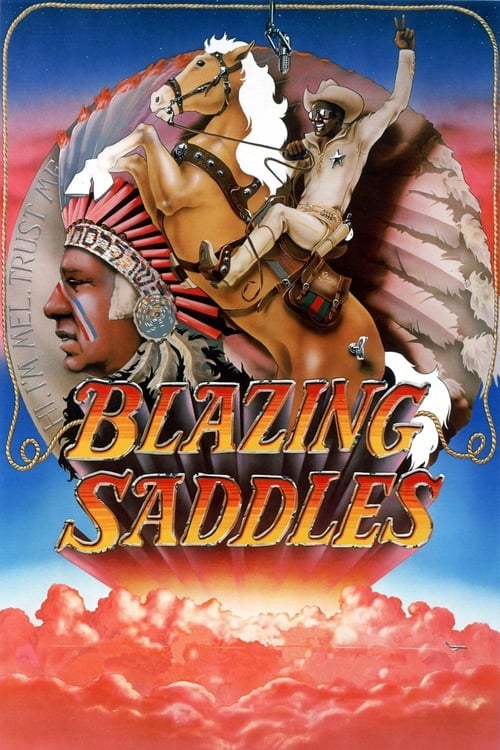
Blazing Saddles - Family Review
A town—where everyone seems to be named Johnson—stands in the way of the railroad. In order to grab their land, robber baron Hedley Lamarr sends his henchmen to make life in the town unbearable. After the sheriff is killed, the town demands a new sheriff from the Governor, so Hedley convinces him to send the town the first black sheriff in the west.
1974 | 93 Minutes
IMDB: 7.7 ⭐️
Votes: 141,070
Content Warnings
-
Sexual ContentMildNone Mild Moderate Severe
-
ViolenceMildNone Mild Moderate Severe
-
ProfanityModerateNone Mild Moderate Severe
-
Intense ScenesMildNone Mild Moderate Severe
The colored bar shows the middle 50% of opinions, dot shows the average





